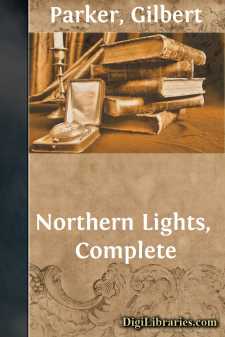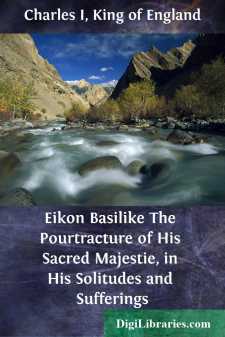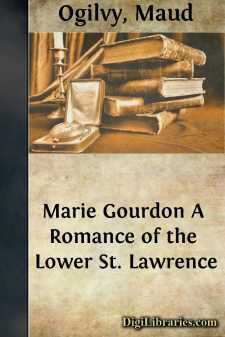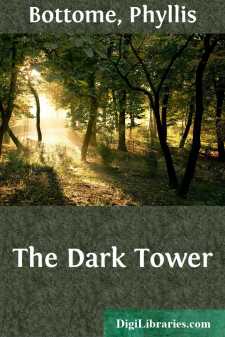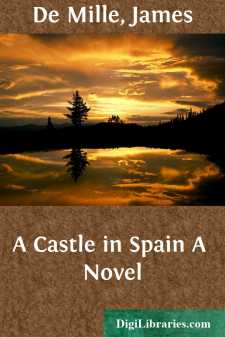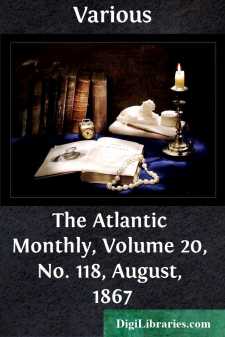Categories
- Antiques & Collectibles 13
- Architecture 36
- Art 48
- Bibles 22
- Biography & Autobiography 813
- Body, Mind & Spirit 142
- Business & Economics 28
- Children's Books 17
- Children's Fiction 14
- Computers 4
- Cooking 94
- Crafts & Hobbies 4
- Drama 346
- Education 46
- Family & Relationships 57
- Fiction 11829
- Games 19
- Gardening 17
- Health & Fitness 34
- History 1377
- House & Home 1
- Humor 147
- Juvenile Fiction 1873
- Juvenile Nonfiction 202
- Language Arts & Disciplines 88
- Law 16
- Literary Collections 686
- Literary Criticism 179
- Mathematics 13
- Medical 41
- Music 40
- Nature 179
- Non-Classifiable 1768
- Performing Arts 7
- Periodicals 1453
- Philosophy 64
- Photography 2
- Poetry 896
- Political Science 203
- Psychology 42
- Reference 154
- Religion 513
- Science 126
- Self-Help 84
- Social Science 81
- Sports & Recreation 34
- Study Aids 3
- Technology & Engineering 59
- Transportation 23
- Travel 463
- True Crime 29
Sort by:
by:
Gilbert Parker
"Hai—Yai, so bright a day, so clear!" said Mitiahwe as she entered the big lodge and laid upon a wide, low couch, covered with soft skins, the fur of a grizzly which had fallen to her man's rifle. "Hai-yai, I wish it would last for ever—so sweet!" she added, smoothing the fur lingeringly, and showing her teeth in a smile. "There will come a great storm, Mitiahwe. See, the...
more...
Upon His Majesties calling this last Parliament. T His last Parliament I called, not more by others advice, and necessity of My affairs, then by my own choice and inclination; who have always thought the right way of Parliaments most safe for My Crown, and best pleasing to my People: And although I was not forgetfull of those sparks, which some mens distempers formerly studied to kindle in...
more...
GEOFFRY CHAUCER. It has been observed that men of eminence in all ages, and distinguished for the same excellence, have generally had something in their lives similar to each other. The place of Homer's nativity, has not been more variously conjectured, or his parents more differently assigned than our author's. Leland, who lived nearest to Chaucer's time of all those who have wrote his...
more...
by:
Thomas L. Masson
WOUTER VAN TWILLER It was in the year of our Lord 1629 that Mynheer Wouter Van Twiller was appointed Governor of the province of Nieuw Nederlandts, under the commission and control of their High Mightinesses the Lords States General of the United Netherlands, and the privileged West India Company. This renowned old gentleman arrived at New Amsterdam in the merry month of June, the sweetest month in all...
more...
by:
Maud Ogilvy
"Wae's me for Prince Chairlie."Old Scotch Song.It was a dark gloomy night in the year 1745. Huge clouds hung in heavy masses over the sky, ready to discharge their heavy burden at any moment. The thunder echoed and re-echoed with deafening crashes, as if the whole artillery of heaven were arrayed in mighty warfare, and shook even the giant crag on which the castle of Dunmorton was situated....
more...
by:
Phyllis Bottome
CHAPTER I Winn Staines respected God, the royal family, and his regiment; but even his respect for these three things was in many ways academic: he respected nothing else. His father, Admiral Sir Peter Staines, had never respected anything; he went to church, however, because his wife didn't. They were that kind of family. Lady Staines had had twelve children. Seven of them died as promptly as...
more...
by:
James De Mille
CHAPTER I. HOW A PARTY OF TRAVELLERS SET OUT ON A JOURNEY. The train for the North was about to start from Madrid, and the station was filled with the usual varied and bustling crowd. Throngs of soldiers were there; throngs of priests; throngs of civilians; throngs of peasants; all moving to and fro, intermingled with the railway employés, and showing the power of steam to stir up even the lazy...
more...
by:
Alfred Coppel
The Triomed advanced stealthily across the floor of the dark cell toward the sleeping figure huddled in the corner. After the long, lonely voyage, the nearness to a host filled the Triomed with eager anticipation. The tiny spaceship that had carried him into this lush planetary system far from the galaxy's heart lay well hidden behind him. So far as he could tell, his descent had not been...
more...
by:
Various
MADNESS? Mr. Clement Lindsay returned to the city and his usual labors in a state of strange mental agitation. He had received an impression for which he was unprepared. He had seen for the second time a young girl whom, for the peace of his own mind, and for the happiness of others, he should never again have looked upon until Time had taught their young hearts the lesson which all hearts must learn,...
more...
by:
Anonymous
INTRODUCTION The completion of the rapid transit railroad in the boroughs of Manhattan and The Bronx, which is popularly known as the "Subway," has demonstrated that underground railroads can be built beneath the congested streets of the city, and has made possible in the near future a comprehensive system of subsurface transportation extending throughout the wide territory of Greater New York....
more...


